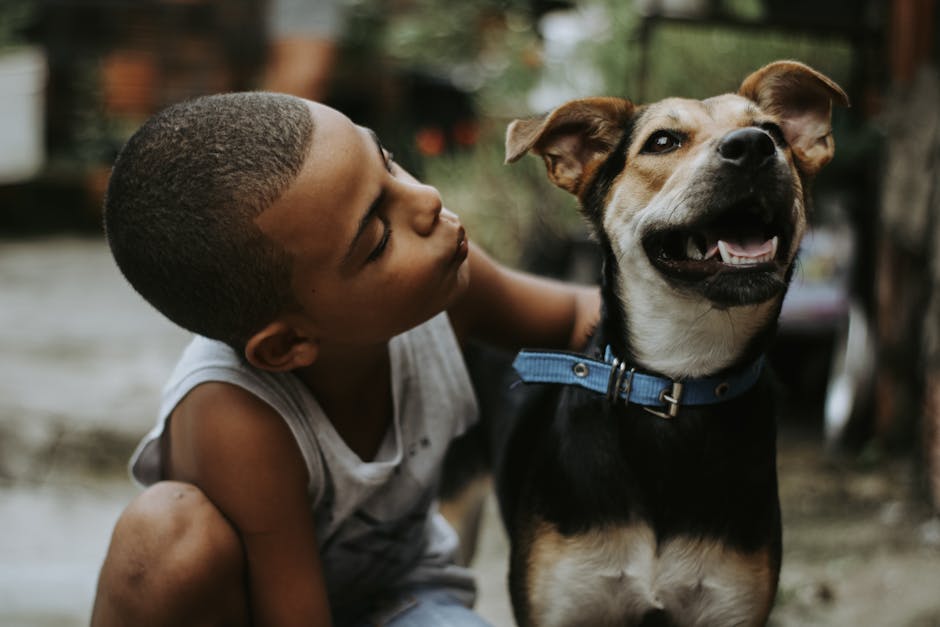Bringing a furry, feathered, or scaled friend into your home is a momentous decision. Choosing a pet that aligns with your family’s lifestyle, values, and resources is crucial for a harmonious and fulfilling relationship. This exploration delves into the multifaceted considerations involved in selecting the ideal animal companion.
Understanding Your Family Dynamics
Before considering breeds or species, a comprehensive self-assessment is essential. Family dynamics play a pivotal role in determining the best pet fit. Assess the individual personalities within the family unit. Children’s ages and maturity levels significantly impact the appropriate pet selection. A hyperactive, rambunctious puppy might not be suitable for a family with young children who require quiet playtime. Conversely, a senior citizen might find the gentle companionship of a cat or a low-maintenance fish more appropriate than the demanding care of a dog. Additionally, consider your lifestyle. Are you active individuals who enjoy outdoor adventures, or are you more inclined towards relaxed indoor activities? This profoundly influences the type of pet that will thrive and integrate smoothly into your routine.
Lifestyle Compatibility: A Key Element
Your daily schedule and available time commitment are integral factors. Dogs, for example, require more time and attention than, say, a low-maintenance fish. Their needs for walks, training, and socialization necessitate a structured routine. If your lifestyle is hectic or involves extensive travel, a dog might not be the optimal choice. Cats, while affectionate, tend to be more independent and can thrive with less hands-on attention. Consider your work schedules, travel plans, and existing commitments. Pets need regular care, including feeding, exercise, and grooming, and your schedule must accommodate these obligations. This evaluation prevents overwhelming responsibilities and ensures the pet’s well-being.
Species Selection: Examining Different Options
A diverse spectrum of species awaits families seeking companionship. Dogs provide unconditional love and endless entertainment, but require significant time and dedication. Different breeds exhibit diverse temperaments and energy levels. Researching breeds thoroughly is paramount to selecting a dog that aligns with your lifestyle and family dynamic. Cats offer a unique form of affection and companionship. Their independent nature is appealing to those with busy schedules. Small mammals, such as rabbits or hamsters, require dedicated care and specific living arrangements. Fish or reptiles can provide a serene, low-maintenance presence. The key lies in identifying the species that resonate with your family’s preferences and lifestyle.
Assessing Pet Needs and Responsibilities
Understanding the particular needs of each species is fundamental. Dogs require regular exercise, training, and socialization. Cats, though more independent, necessitate a clean litter box and regular grooming. Consider the space and resources available in your home. A dog will likely need a yard for outdoor activities, whereas a cat might be perfectly content with a spacious indoor environment. Furthermore, evaluate the long-term commitment involved. The responsibility extends to vet visits, vaccinations, and potential future medical issues. Are you prepared to manage the costs associated with pet care? A comprehensive understanding of these aspects allows for a more informed decision.
Researching Breeds: Important Considerations
Selecting a dog breed involves meticulous research. A dog’s temperament, size, and exercise needs significantly influence the home environment. Breed-specific traits affect the level of care they require and their interaction with other family members and pets. For example, energetic breeds like Border Collies necessitate more active lifestyles, and smaller breeds might be more appropriate for families with young children or limited space. Consider factors such as coat maintenance, potential health issues, and potential energy levels.
Prioritizing Health and Safety
Ensuring the pet’s health and safety is a top priority. Adopting from a reputable breeder or rescue organization is crucial. This mitigates risks associated with inherited conditions and ensures the pet’s well-being. Responsible pet ownership involves vaccinations, regular vet check-ups, and providing a nutritious diet. Safety measures, including secure enclosures and appropriate supervision, are paramount to preventing accidents and ensuring the pet’s well-being. Carefully assess the risks associated with specific breeds or species, especially regarding potential health issues and potential hazards in your home environment.
The Adoption Perspective: A Compassionate Choice
Exploring adoption offers a rewarding opportunity to give a deserving animal a loving home. Rescue organizations play a critical role in providing animals with much-needed care and support. Many shelters and rescues feature a wide variety of animals looking for a place to call home. Consider the animal’s personality and history during the adoption process. Adoption centers often provide valuable insight into an animal’s past experiences and present needs. Adopting can be an incredibly rewarding experience, providing a loving home to a creature in need.
Final Considerations and Conclusion
Choosing the right pet is a significant investment, extending far beyond the initial purchase. A thoughtful assessment of your family dynamics, lifestyle, and the pet’s specific needs is paramount. Thorough research, responsible ownership, and a deep understanding of the long-term commitment are integral to a successful partnership. Ultimately, the ideal pet is one that aligns with your family’s needs and values, fostering a loving and harmonious relationship. Remember, selecting a pet is a decision that reflects your values and commitment to a loving and responsible partnership.
